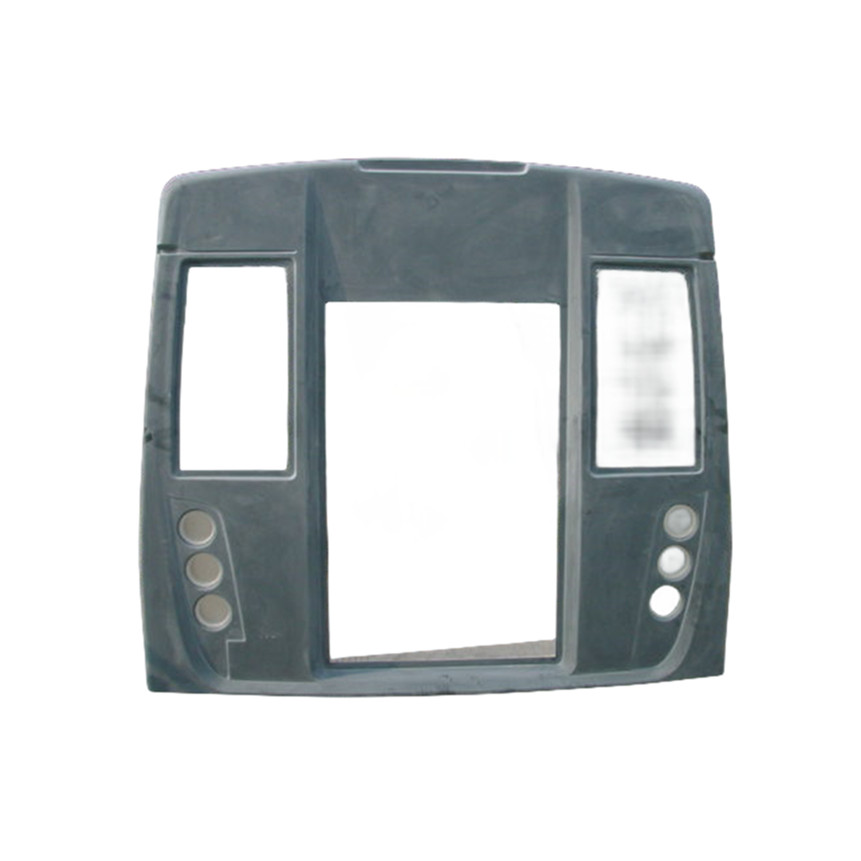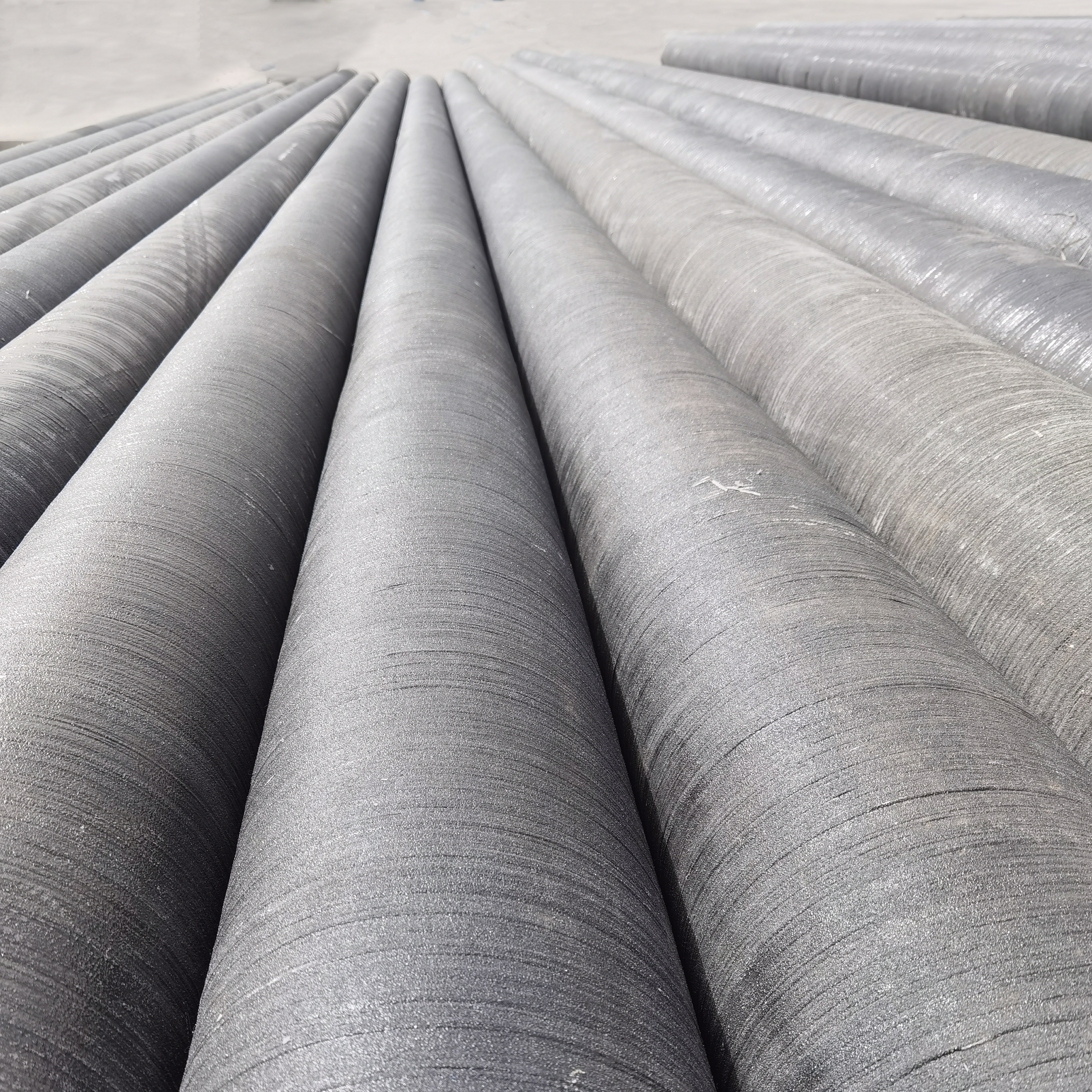Fiberglass bus shell
Fiberglass reinforced plastic (FRP) products are widely used in the construction of bus shells due to their numerous beneficial properties. Some of the key applications of FRP products in bus shell construction include:
1. Lightweight Construction: FRP materials are lightweight yet strong, making them ideal for constructing bus shells. The use of FRP helps reduce the overall weight of the bus, contributing to improved fuel efficiency and lower operating costs.
2. Durability and Impact Resistance: FRP products offer excellent impact resistance, making them well-suited for withstanding the rigors of daily use in the transportation industry. The durability of FRP helps to extend the service life of the bus shell and reduce maintenance requirements.
3. Corrosion Resistance: FRP is highly resistant to corrosion, which is particularly advantageous in bus shell construction, as buses are exposed to various environmental conditions and road salts. This resistance helps to maintain the structural integrity of the bus shell over time.
4. Design Flexibility: FRP materials can be molded into various shapes and forms, allowing for flexible and customizable designs for bus shells. This enables bus manufacturers to create aerodynamic, modern, and visually appealing exteriors.
5. Thermal and Electrical Insulation: FRP products offer good thermal and electrical insulation properties, contributing to passenger comfort and safety within the bus.
Overall, the application of FRP products in bus shell construction provides a combination of strength, durability, and design flexibility, making it a popular choice for modern bus manufacturing.
✧ Product Drawing
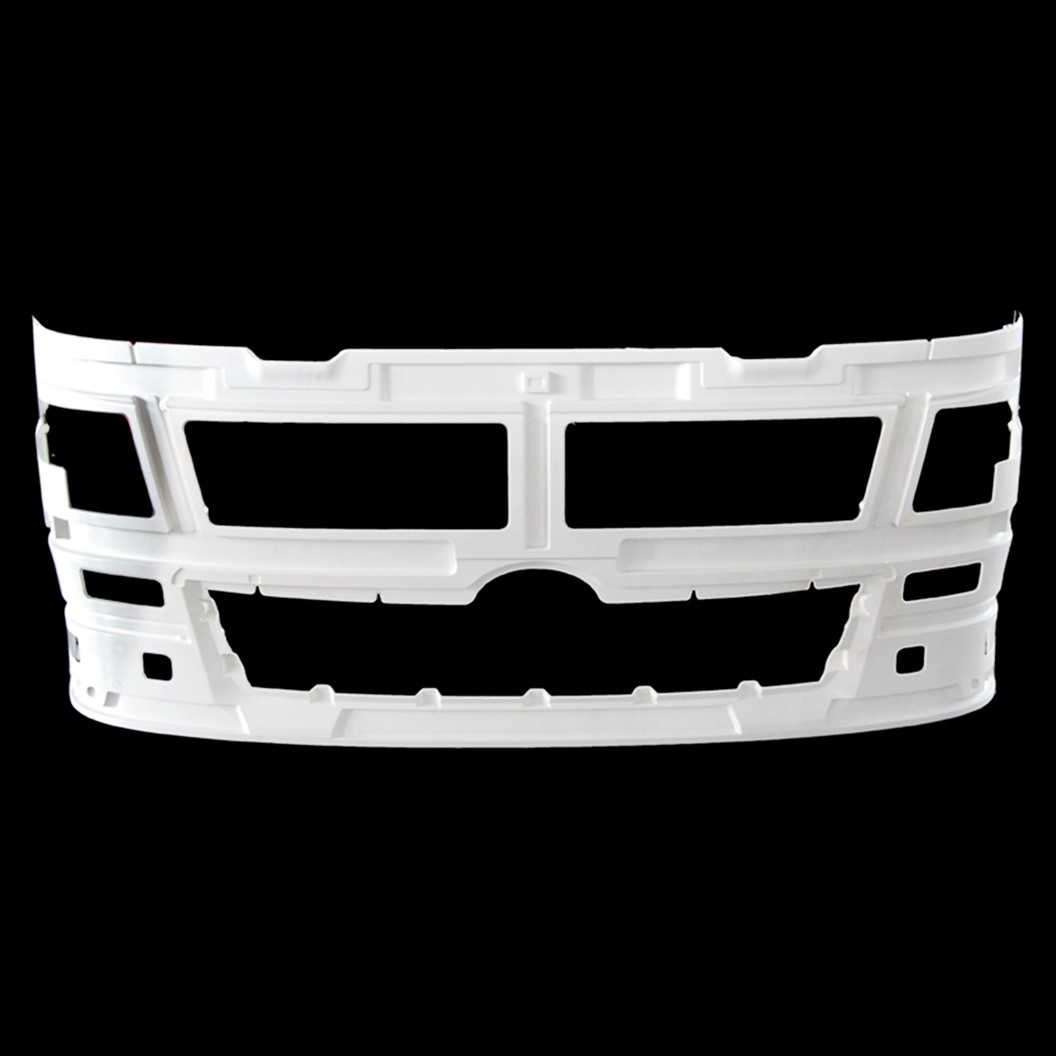
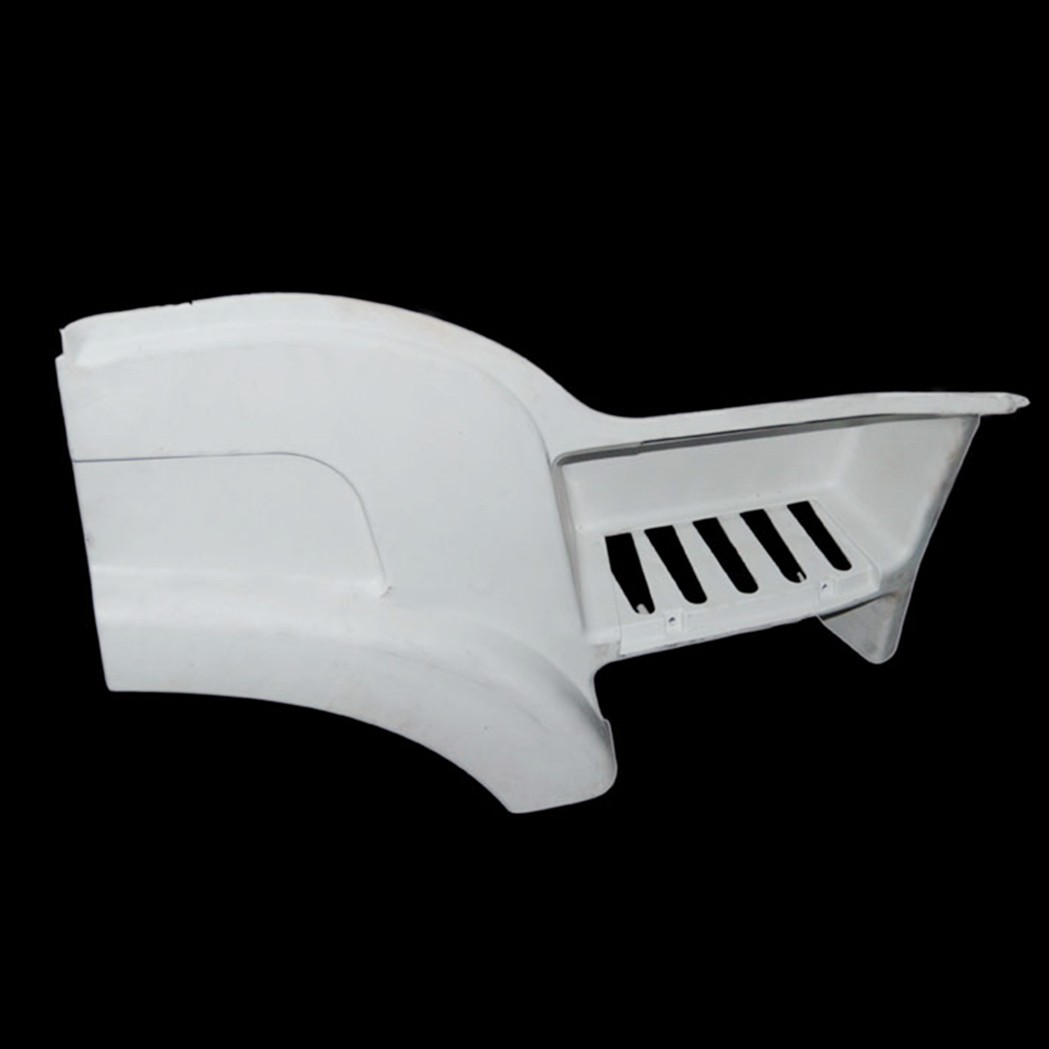
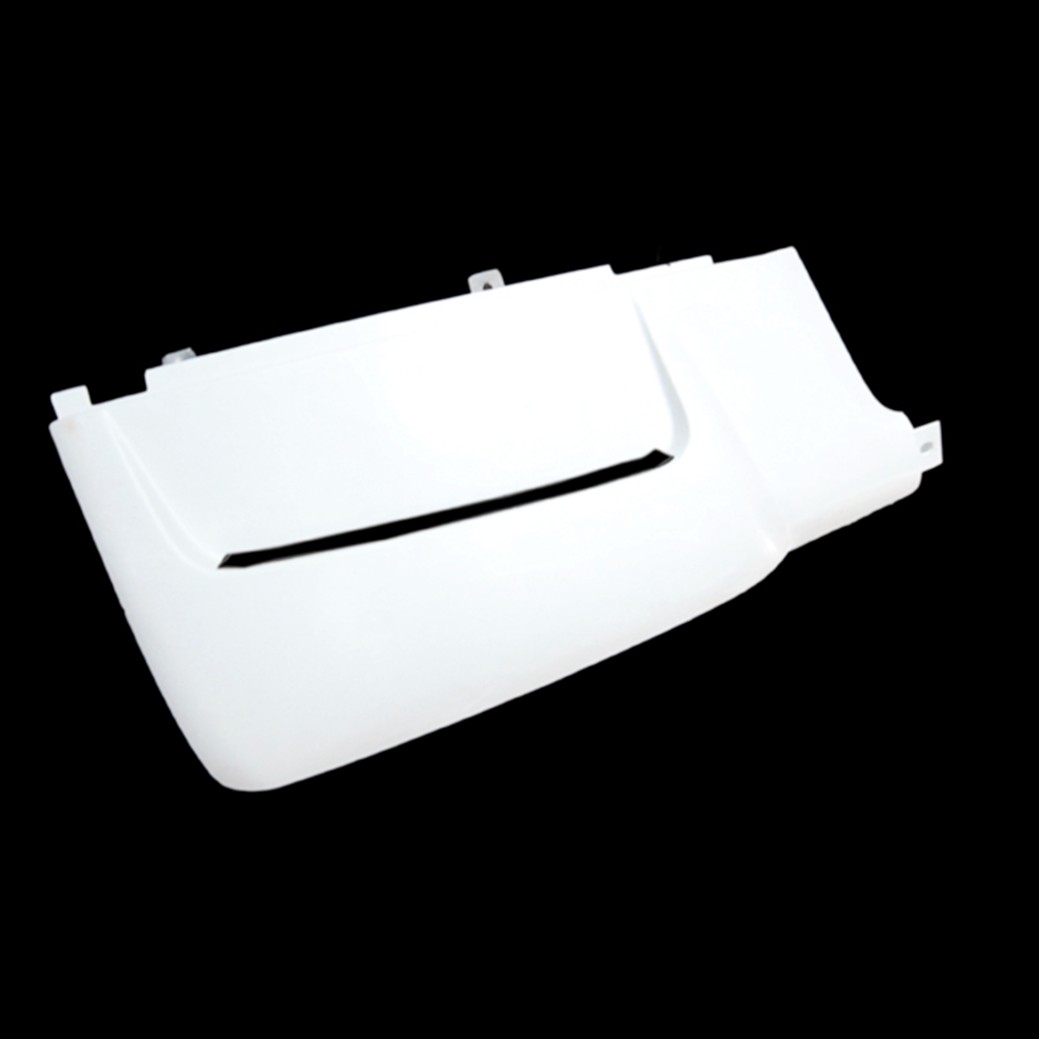
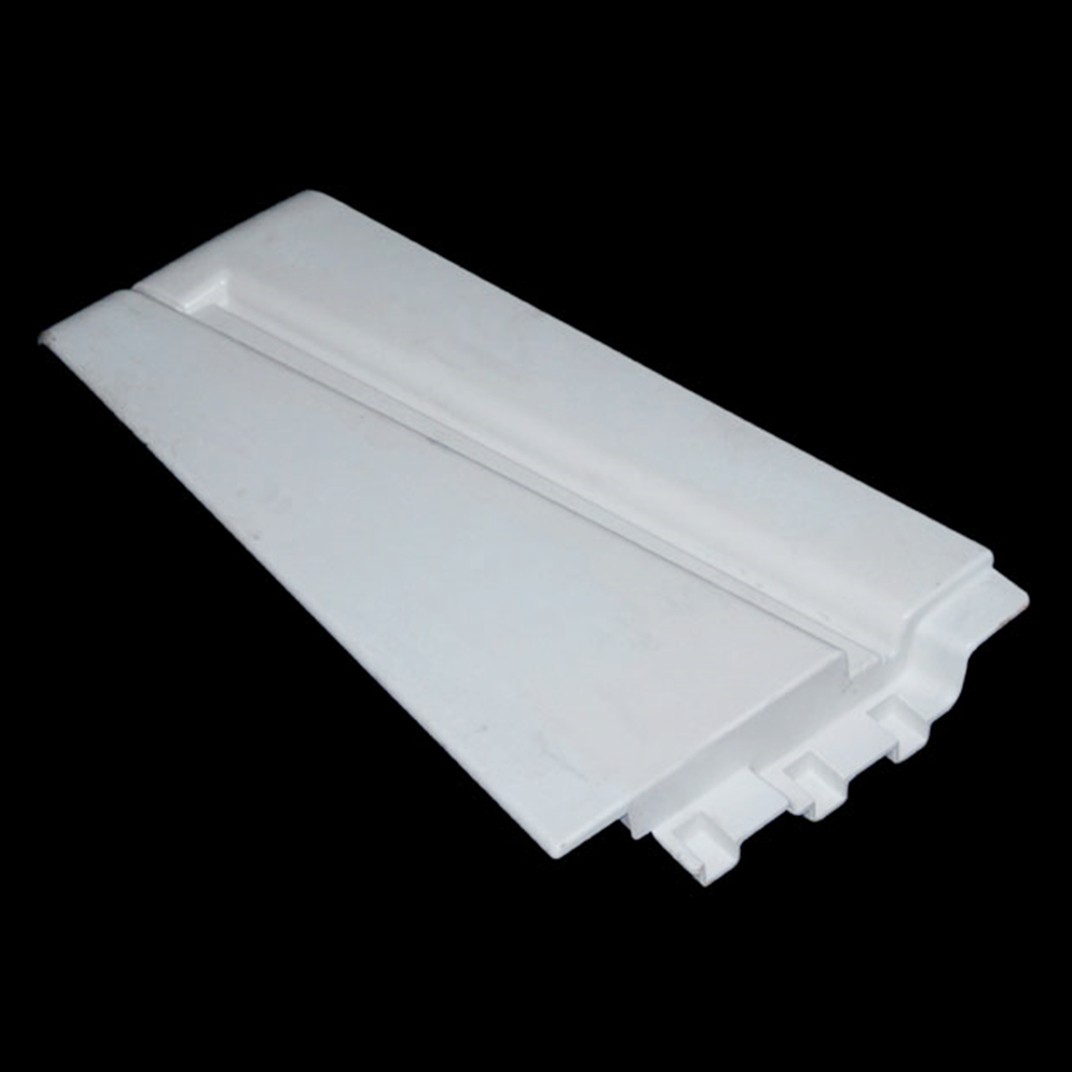
✧ Features
The advantages of fiberglass products in automotive applications mainly focus on lightweight, corrosion resistance, insulation performance, noise reduction performance, ease of processing and manufacturing, cost advantages and recyclability.

